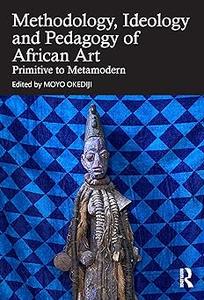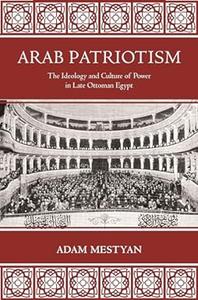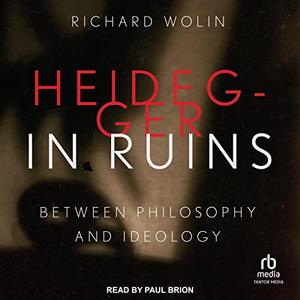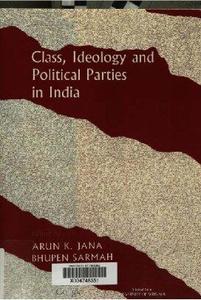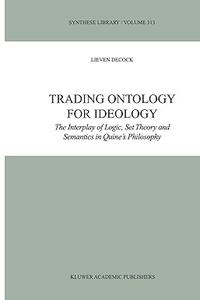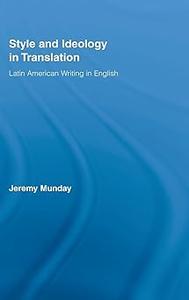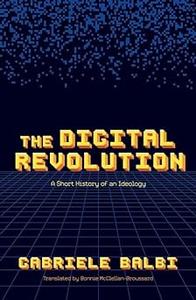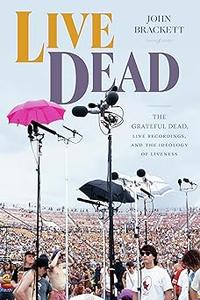
Free Download John Brackett, "Live Dead: The Grateful Dead, Live Recordings, and the Ideology of Liveness "
English | ISBN: 1478025484 | 2023 | 232 pages | PDF | 8 MB
The Grateful Dead were one of the most successful live acts of the rock era. Performing more than 2,300 shows between 1965 and 1995, the Grateful Dead’s reputation as a "live band" was-and continues to be-sustained by thousands of live concert recordings from every era of the group’s long and colorful career. In Live Dead, musicologist John Brackett examines how live recordings-from the group’s official releases to fan-produced tapes, bootlegs to "Betty Boards," and Dick’s Picks to From the Vault-have shaped the general history and popular mythology of the Grateful Dead for more than fifty years. Drawing on a diverse array of materials and documents contained in the Grateful Dead Archive, Live Dead details how live recordings became meaningful among the band and their fans not only as sonic souvenirs of past musical performances but also as expressions of assorted ideals, including notions of "liveness," authenticity, and the power of recorded sound.
